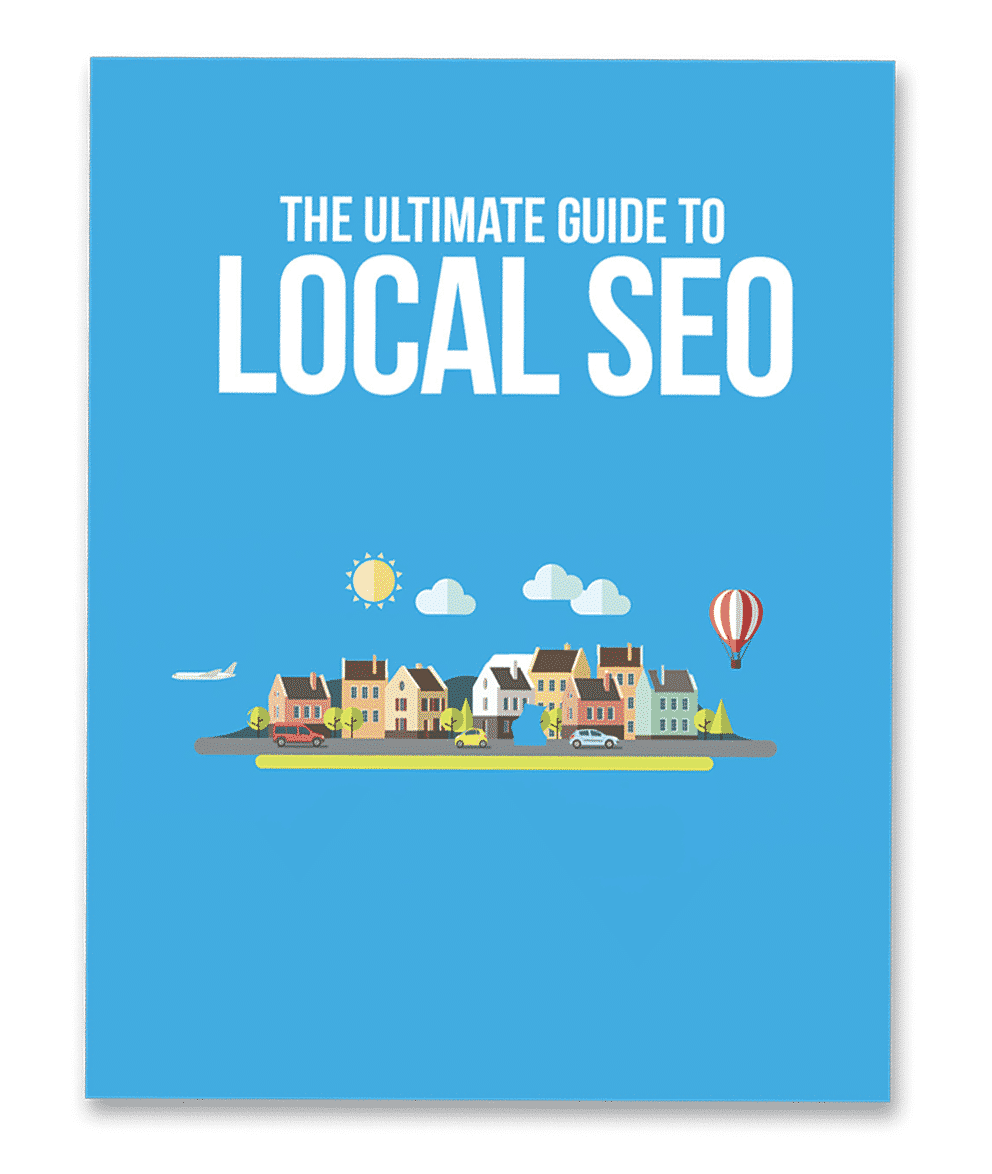Campaign Precision: Plastic Surgery PPC Management
In the digital age, Pay-Per-Click (PPC) advertising has emerged as a powerful tool for plastic surgery practices to reach prospective patients and drive conversions. With strategic planning and execution, PPC campaigns can effectively target individuals actively searching for plastic surgery procedures and services, maximizing return on investment (ROI) and patient acquisition. This comprehensive guide explores the intricacies of plastic surgery PPC, delving into key factors and strategies for creating a successful and impactful PPC strategy.
Understanding the Role of PPC in Plastic Surgery
Defining Plastic Surgery PPC
PPC advertising involves placing ads on search engines and other digital platforms and paying a fee each time a user clicks on the ad. In the context of plastic surgery, PPC campaigns allow practices to target individuals who are actively searching for procedures such as breast augmentation, rhinoplasty, or liposuction, as well as related services such as consultations or financing options. By bidding on relevant keywords and targeting specific demographics, practices can drive qualified traffic to their website and generate leads.
The Significance of PPC in Patient Acquisition
PPC advertising plays a crucial role in patient acquisition for plastic surgery practices. With the increasing competition in the industry, it’s essential for practices to have a strong online presence and be visible to prospective patients at the moment they are actively searching for procedures or services. PPC campaigns enable practices to appear prominently in search engine results and capture the attention of individuals who are ready to take action, leading to higher conversion rates and patient acquisition.
Key Components of an Effective Plastic Surgery PPC Strategy
Keyword Research and Selection
Identifying High-Intent Keywords
Keyword research is the foundation of any successful PPC campaign. Plastic surgery practices should conduct thorough keyword research to identify high-intent keywords that potential patients are likely to use when searching for procedures or services. This may include keywords such as “plastic surgeon near me,” “breast augmentation cost,” or “best rhinoplasty surgeon.” By targeting keywords with high search volume and buyer intent, practices can maximize the effectiveness of their PPC campaigns and attract qualified leads.
Negative Keyword Management
In addition to identifying relevant keywords, practices should also manage negative keywords to ensure their ads are not displayed for irrelevant searches. Negative keywords are terms or phrases for which a practice does not want their ads to appear. For example, a plastic surgery practice offering breast augmentation may want to exclude terms such as “breast augmentation risks” or “breast augmentation alternatives” to avoid wasting ad spend on users who are not interested in their services.
Ad Copy Optimization
Crafting Compelling Ad Copy
The success of a PPC campaign often hinges on the quality and relevance of ad copy. Practices should craft compelling ad copy that speaks directly to the needs and desires of their target audience. Ad copy should highlight the unique value proposition of the practice, such as board-certified surgeons, state-of-the-art facilities, or personalized patient care. Additionally, including a strong call-to-action (CTA) encourages users to take the desired action, such as scheduling a consultation or contacting the practice.
Ad Extensions
Ad extensions are additional pieces of information that can be included in PPC ads to provide more context and encourage user engagement. For plastic surgery practices, ad extensions such as sitelinks, call extensions, location extensions, and structured snippets can enhance the visibility and effectiveness of ads. Sitelinks allow practices to showcase specific services or procedures, while call extensions enable users to call the practice directly from the ad. Location extensions display the practice’s address and map location, making it easier for users to find and visit the practice.
Targeting and Audience Segmentation
Demographic Targeting
PPC platforms offer robust targeting options that allow practices to reach specific demographics, interests, and behaviors. Plastic surgery practices can segment their audience based on factors such as age, gender, location, income level, and interests. By targeting demographics that are most likely to be interested in their services, practices can maximize the efficiency and effectiveness of their PPC campaigns and minimize wasted ad spend.
Remarketing and Retargeting
Remarketing and retargeting are powerful tactics for re-engaging users who have previously visited a practice’s website but did not take the desired action, such as scheduling a consultation or contacting the practice. By placing tracking pixels on their website, practices can retarget these users with personalized ads as they browse other websites or social media platforms. Remarketing campaigns serve as gentle reminders to users, keeping the practice top-of-mind and encouraging them to return and convert.
Budget Management and Optimization
Setting and Monitoring Budgets
Effective budget management is essential for maximizing the ROI of PPC campaigns. Practices should set realistic budgets based on their goals, target audience, and competition. PPC platforms offer tools and features for monitoring and controlling ad spend, such as daily or monthly budget caps and bid adjustments. Regular monitoring of campaign performance allows practices to reallocate budget to top-performing keywords or ad groups and adjust bids based on performance data.
Conversion Tracking and Optimization
Conversion tracking is critical for measuring the effectiveness of PPC campaigns and optimizing for desired outcomes, such as appointment bookings or inquiries. Plastic surgery practices should set up conversion tracking pixels on their website to track actions taken by users after clicking on an ad, such as form submissions, phone calls, or appointment requests. By analyzing conversion data, practices can identify areas for improvement and optimize their PPC campaigns to drive more conversions at a lower cost.
Continuous Testing and Iteration
A/B Testing
A/B testing, also known as split testing, involves creating multiple variations of ads or landing pages and testing them against each other to determine which performs better. Plastic surgery practices can conduct A/B tests to optimize ad copy, headlines, CTAs, and landing page design to maximize performance and conversion rates. By systematically testing and iterating on different elements of their PPC campaigns, practices can refine their approach and achieve better results over time.
Adaptation to Industry Trends
Staying Ahead of the Curve
In the rapidly evolving landscape of PPC advertising, it’s essential for plastic surgery practices to stay ahead of the curve and adapt to emerging trends and changes. This may include staying informed about updates to PPC platforms, changes in search engine algorithms, and shifts in consumer behavior and preferences. By remaining agile and proactive, practices can capitalize on new opportunities and maintain a competitive edge in the digital marketplace.
Conclusion
In conclusion, plastic surgery PPC offers a powerful and targeted approach to attracting qualified leads and driving patient acquisition. By focusing on key components such as keyword research, ad copy optimization, targeting and audience segmentation, budget management, conversion tracking, continuous testing, and adaptation to industry trends, practices can create a successful and impactful PPC strategy that delivers measurable results and contributes to practice growth. With careful planning, execution, and optimization, plastic surgery practices can leverage the power of PPC advertising to elevate their online presence and achieve their business objectives in the competitive landscape of cosmetic surgery.


